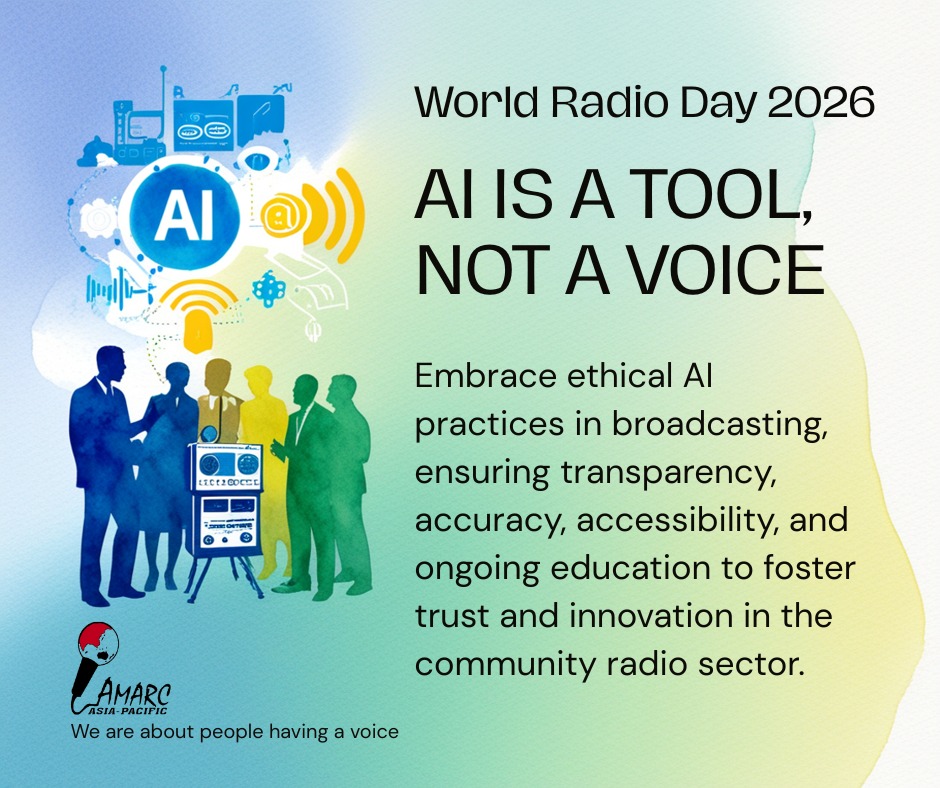A closer look into the role of ICT among women farmers in India
The contribution of women and their vital role in agriculture has been gaining recognition. However, it is still evident how rural women are constrained by gender disparities in the digital economy, leading to a lack of access to information.
A study entitled “Impact Analysis of ICT on Women in Agriculture,” was conducted in the Jorhat District of Assam, India, to assess the knowledge and use of ICT tools and the impact of the intervention programs on ICT utilization among Farm Women Knowledge Group (FWKG) members.
The study found a notable surge in the understanding and application of the selected ICT tool after the intervention. A positive correlation was also observed between the knowledge and use of the technology during the initial and post-intervention phases.
Moreover, research results revealed that the socio-personal attributes of the women, such as their age, played a pivotal role in their grasp and employment of ICT tools, with younger women faring better. Interestingly, the same research showed that with a higher level of education, the knowledge and utilization of the ICT tool increases.
With these results, the study demonstrates how ICT interventions can significantly enhance the knowledge and use of technology among women in agriculture. It also suggests that this model can be replicated using different ICT tools in other areas to empower women and improve their agricultural productivity.
This research was carried out by Manoshi B. Deka, Pallavi Talukdar, and Mayuri Bora from Assam Agricultural University. It was published in the Asian Journal of Agricultural Extension, Economics, and Sociology in September 2023.
Read more about the study here.
Source:
Deka , M. B., Talukdar , P., & Bora , M. (2023). Impact Analysis of ICT on Women in Agriculture: A Study Conducted in Jorhat District of Assam, India. Asian Journal of Agricultural Extension, Economics & Sociology, 41(10), 476–483. https://doi.org/10.9734/ajaees/2023/v41i102192
Photo: © AFA
Article contributed by Sandra San Carlos, ComdevAsia intern



